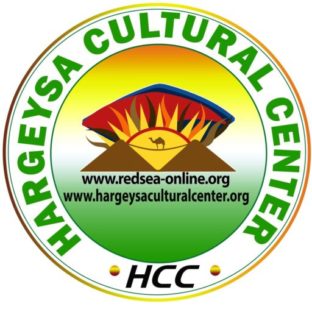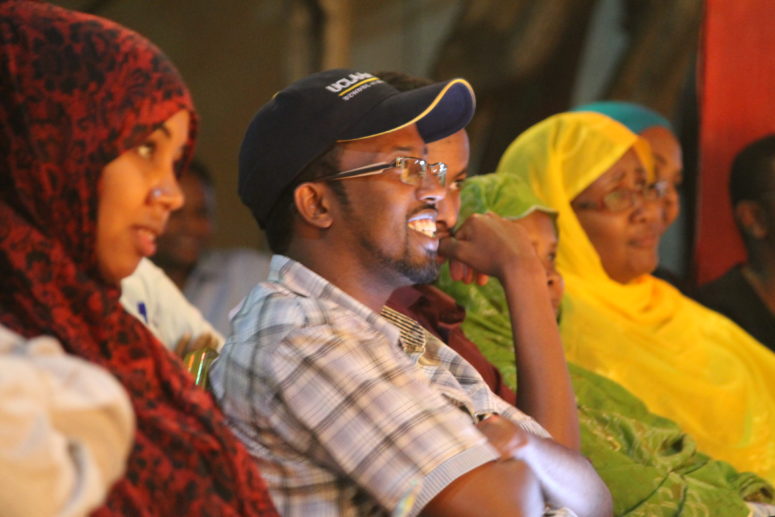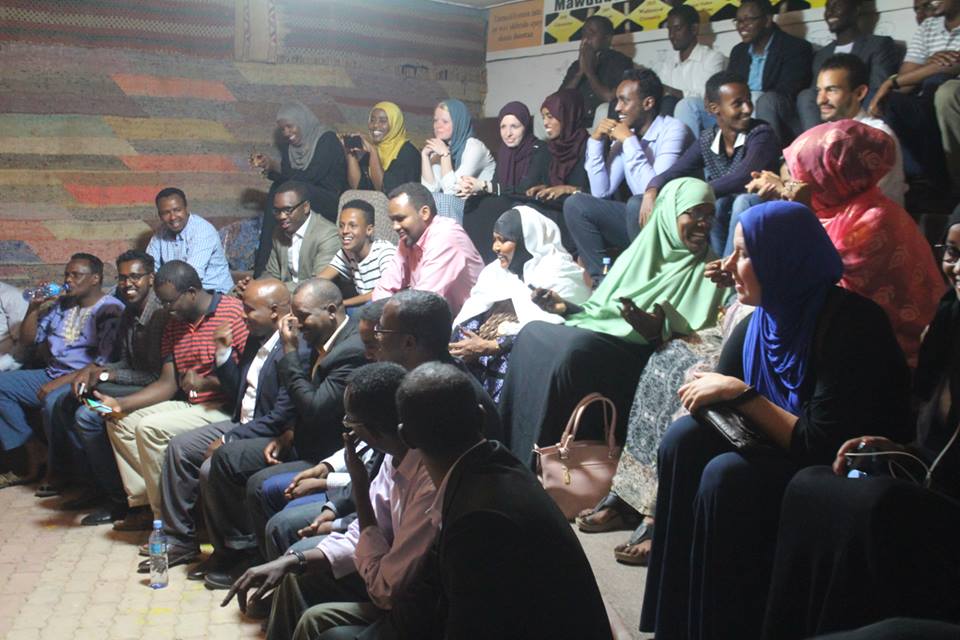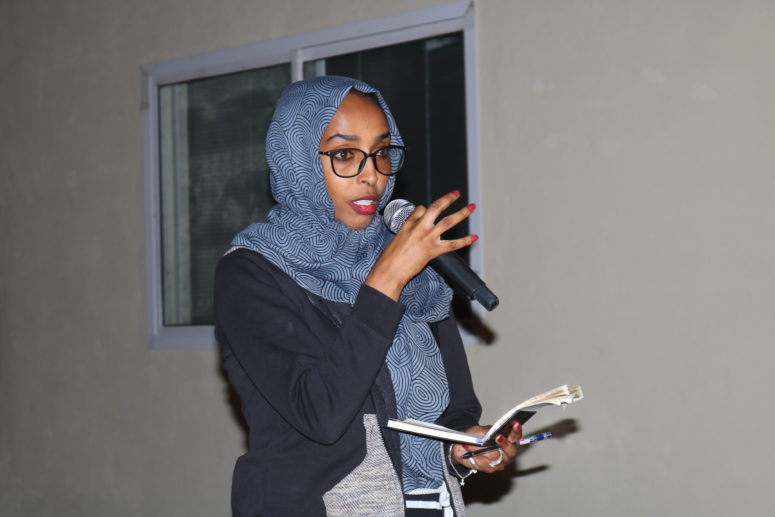The notion of ‘failed state’ and the implicit universalism of state building efforts by exploring how public services continues to be provided
Tobias Gandrup, a PhD candidate in Development Studies from the Institute of Development Policy and Management at University of Antwerp in Belgium. He is a Danish citizen and his educational background includes an MA in International Development Studies and Global Studies from Roskilde University, Denmark. His MA thesis focused on the political history of Hargeysa Egal International Airport and its role in state formation processes in Somaliland. I conducted two months of fieldwork in Hargeysa as part of the research.
Summary
‘Failed states’ are characterized by a vacuum of authority and as areas where public services are no longer delivered. However, evidence from the Republic of Somaliland challenges these ideas and illustrates that although the area has been affected by economic instability and conflicts, public services are still provided albeit by a variety of state and non-state actors. This PhD project challenges the notion of ‘failed state’ and the implicit universalism of state building efforts by exploring how public services continues to be provided in a context where the state has limited control and outreach. This will be done through the ‘hybrid governance’ perspective. The ‘hybrid governance’ literature demonstrates that not only state actors but also non-state actors are involved in the field of providing governance in a certain area. However, whereas the literature on ‘hybrid governance’ acknowledges that a variety of actors are involved in governance, it has neglected – or overseen – the ongoing interactions between these different actors. By studying interaction around the delivery of primary education, one of the most important state services, this PhD project aims at filling these gaps. Moreover, while this research takes theoretical point of departure in the hybrid governance literature, it seeks to challenge this notion and empirically investigates to what extent the notion of ‘hybridity’ is important ‘locally’.
More concretely, the research is interested in three overall themes: i) the emergence of an education sector in the early 1990s after the collapse of the Barre administration, ii) the different ways in which education delivery is organized today, and iii) the negotiations and reactions on government policies and interventions by non-state actors. This allows me to unfold how the ongoing interactions between various actors in the field of primary education delivery shape and reshape modes of (hybrid) governance in Somaliland. Extensive qualitative field research in Somaliland will ensure primary access to how people organize public and collective services.
In the presentation, the theoretical crux and the methodology of the research PhD project were shortly be presented. More importantly, he presented some of the preliminary findings from Hargeysa and tested a few arguments that the researcher is currently constructing. The research is a work in progress whereby he so far conducted three out of twelve months of fieldwork (in Hargeysa)



